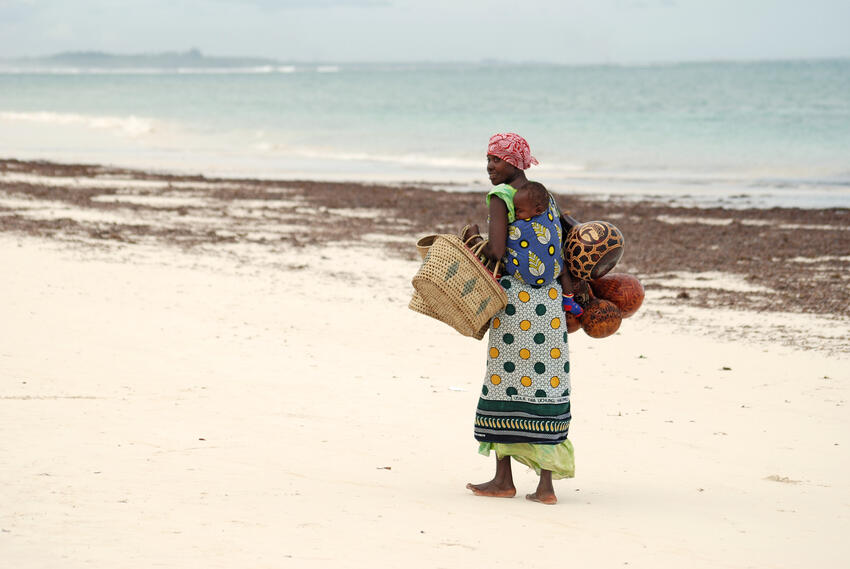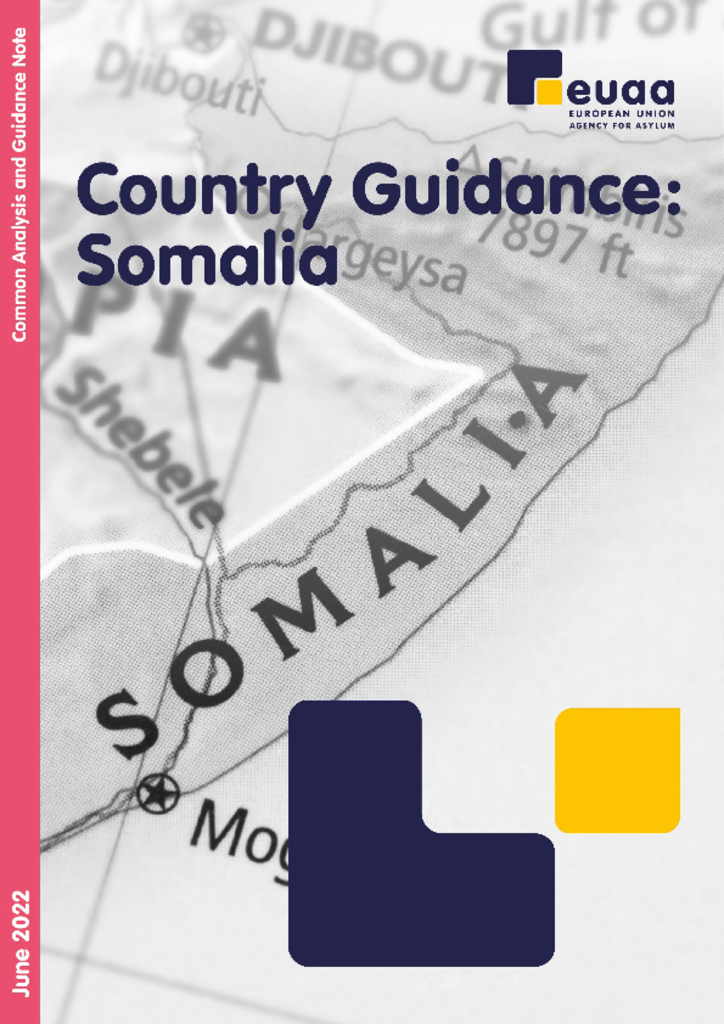REPORT | Female Genital Mutilation is still widespread in Somalia
The practice of Female Genital Mutilation/Cutting (FGM/C) still affects almost the entire female population of Somalia, according to a recent query response published by the European Union Agency for Asylum (EUAA). The query was initiated to provide information for the assessment of applications for international protection by nationals from Somalia.

The Agency coordinates efforts among Member States to develop a common analysis on the situation in specific countries of origin and guidance notes to assist Member States in the assessment of relevant applications for international protection. The results of this analysis form the Country Guidance documents.

According to the report Country Guidance: Somalia, published in June 2022, FGM/C amounts to persecution and it may be for reasons of membership of a particular social group or religion. Therefore, these documents can be used for the determination of refugee status as defined in the Geneva Convention.
The research has proved rather challenging, owing to the sensitivity of the subject and the scarcity of information. The analysis shows that this custom is still widely practiced in Somalia. According to a 2020 survey of the Federal Government of the Republic of Somalia, 99.2 % of Somali women aged 15–49 had been subjected to FGM/C. Some interviewees, who are community members, stated that the practice of FGM/C was carried out on girls aged 6-15.
The inquiry identified three main types of FGM/C, ranging from the least to the most severe. While the most severe form (infibulation) appeared to be the most-commonly experienced, it seems that, among younger generations, the less severe type (the so-called sunni type) is becoming more prevalent.
Regarding societal views, it is noteworthy that women seem preponderantly in favour of the practice: 76.4% of women aged between 15 and 49 considered in the 2020 Somali Health and Demographic Survey responded that the practice of female circumcision should continue.
While the respondents showed awareness of the risks of the infibulation form - usually performed by traditional cutters/midwives - most held the view that the sunni type was not harmful to girls. In other cases, however, it was reported that girls who had undergone the less severe type of FGM/C were insulted as “unclean” and incapable of controlling their sexual desires because they did not go through the more severe infibulation procedure.

